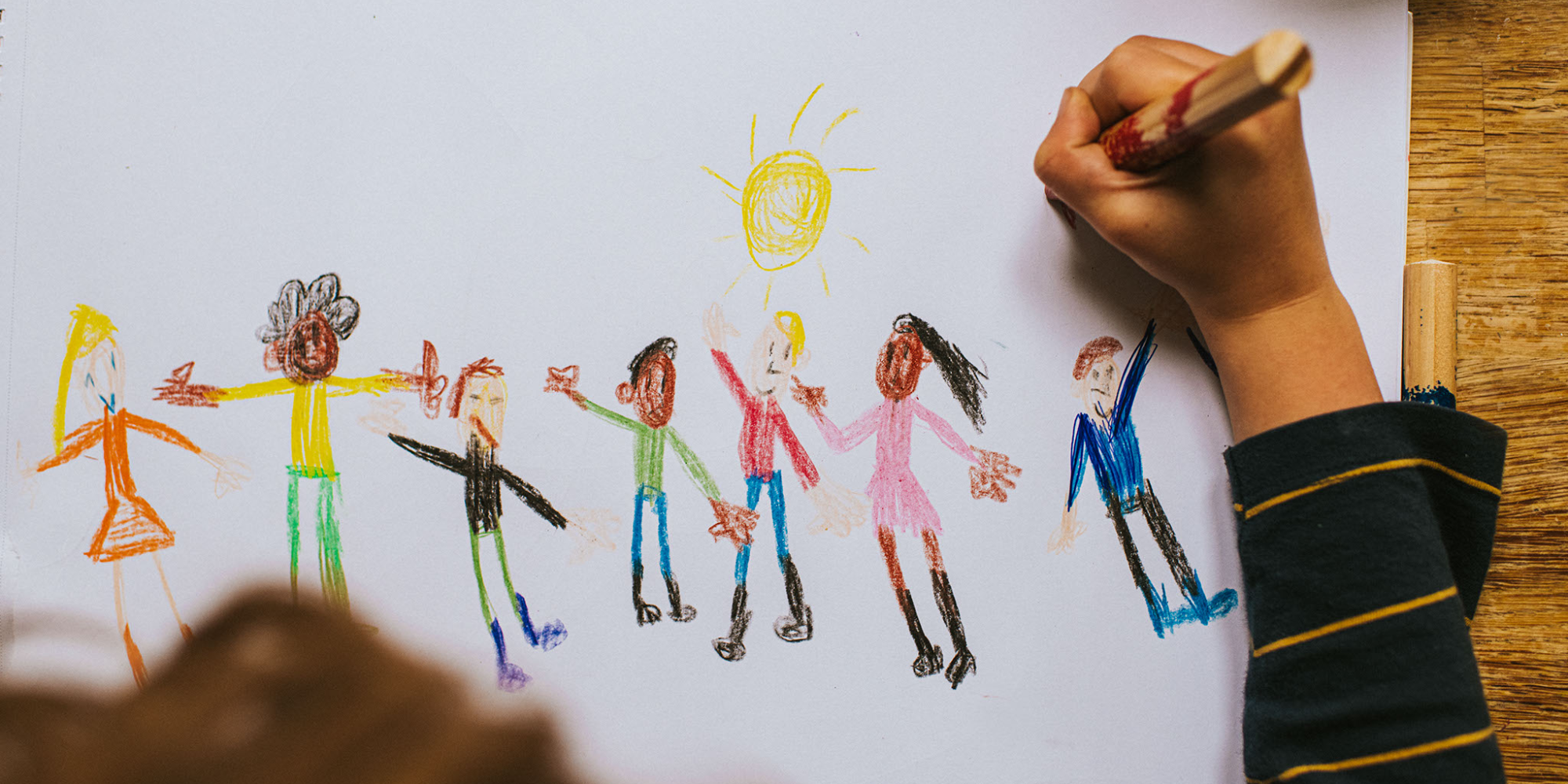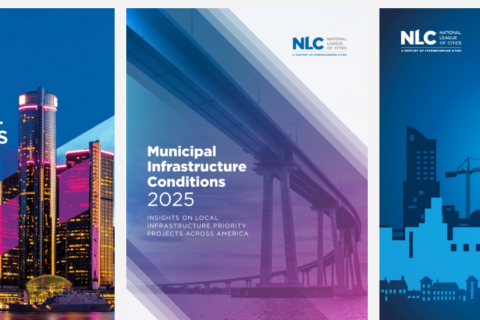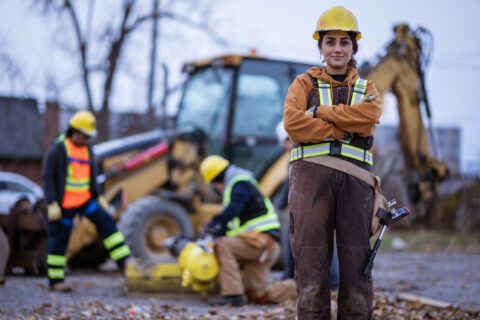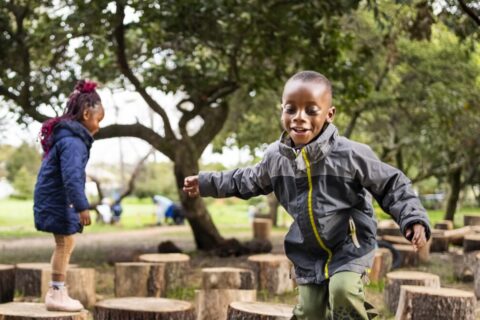After over a year of stay-at-home orders and lockdowns, our connections to people have significantly changed. Video calls and smartphones may have helped some of us stay connected, but studies suggest that social isolation related to COVID-19 has been associated with diminished emotional well-being for many, including children and youth.
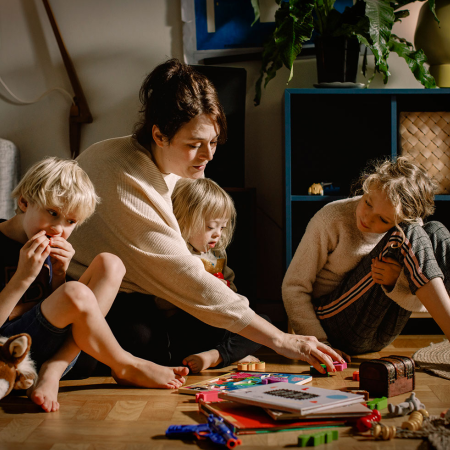
The increase in vaccination uptake across the nation gives us hope for an end in sight, how will we prioritize social and emotional well-being to renew a sense of self and community? How will we acknowledge and respond to the trauma that so many young people experience after being out of school for so long?
There are early lessons to be learned from communities that are making investments in social and emotional learning (SEL) to support young people and adults. “Early Lessons From Schools and Out-of-School Time Programs Implementing Social and Emotional Learning,” a RAND Corporation study funded by The Wallace Foundation, offers insight into how community-based organizations, afterschool providers and schools can collaborate to implement SEL practices to foster healing and reconnection. The six communities in the study – Denver, CO; Tacoma, WA; Boston, MA; Tulsa, OK; Dallas, TX; and Palm Beach County, FL – developed collaborative efforts between in-school educators and youth development afterschool providers to build in SEL practices in elementary schools and afterschool programs. While this report includes pre-pandemic data and strategies, the lessons are even more timely and relevant today as communities and schools work to rebuild and recover.
Listen in:
Practitioners in schools and out-of-school programs share their experiences working together to help children develop SEL skills in this five-episode podcast series.
Forge Community Partnerships
Most local governments rely on a range of community partnerships to address the needs of children, youth, and families. Municipal leaders understand that the mental health of all their residents impact educational and economic outcomes that create a strong vibrant community. Addressing the social and emotional needs of youth requires a collective effort.
Two key partners that cities should strongly engage are schools and out-of-school time (OST) programs. Local elected officials can bring these partners together to collaborate, host joint professional development training opportunities, and leverage each other’s expertise and relationships with students to impact the learning environment in schools and enrichment programs.
Coordination & Communication
A community’s priorities for SEL will be largely defined by engaging its stakeholders. Ensuring that stakeholder input and engagement is sought at the front end of work can impact the sustainability of the partnerships and goals.
Start with the Adults
The type of engagement and relationships young people experience with adults can impact the rest of a child’s life – healthy relationships define self-esteem, self-confidence, and self-regulation. Without these foundational life skills, navigating work, school and life can be difficult.
The study found that providing professional development and instruction to teachers and OST providers on how to teach children SEL skills was essential.
As students return to in-person learning, local leaders can set the tone in the community by prioritizing SEL as a core facet of recovery and rebuilding. Municipal governments are large employers of OST program staff and in many cases, cities also invest in community-based organizations to provide such programs. City leaders can use their platform to prioritize SEL skill development with city staff who work with young people (parks and recreation, library, etc.) and in programs they fund.
Learning & Continuous Improvement
Learning how to implement SEL curriculum and rituals may be difficult at the start, but continued emphasis and prioritization helps institutionalize the efforts over time. Participants in the study reported feeling more comfortable in the second year of the initiative.
No Time (or Dollars) to Waste
Cities, schools and community organizations have an opportunity of a lifetime to utilize federal funds from the American Rescue Plan. Every municipality in the nation, all states, and nearly all school district with low-income students have significant investments coming their way to tackle the pain the pandemic has caused and put residents’ lives back on track.
Now is the time for bold leadership and community-wide visioning and investment to develop holistic approaches to support children and youth so they may succeed in school and life.
Learn more:
To learn more about Social & Emotional Learning and other out of school time resources, visit the Wallace Foundation Knowledge Center.
